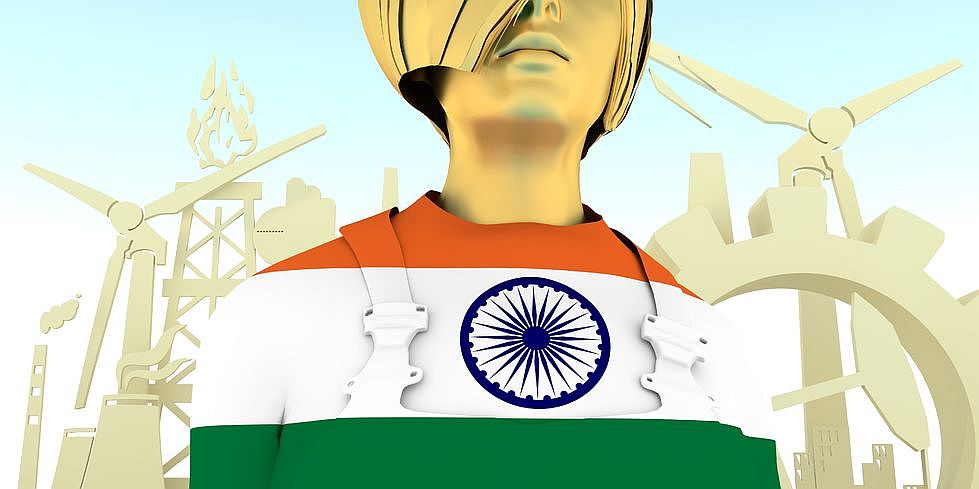Building on the guidance received from the Prime Minister of India and under the aegis of the Ministry of Electronics and Information Technology (MeitY), Government of India, National Informatics Centre (NIC), IEEE and Oracle today announced a virtual hackathon, Gov-TechThon 2020 (October 30 – November 1, 2020), to incubate new ideas, boost innovation and use technology in agriculture and allied sectors.
Gov-TechThon 2020 will be facilitated by IEEE Computer Society, a trusted voice for engineering, computing and technology information. IEEE is the world’s largest technical professional organization, dedicated to advancing technology for the benefit of humanity.
The virtual hackathon is open to students, working professionals, startups, freelance technologists, faculty, and IT services firms in India. Shortlisted teams will operate virtually. During the hackathon, they will receive mentorship and advice from domain experts from NIC, IEEE Computer Society, Oracle and experts from the Ministry of Agriculture, Education and Transportation – Government of India. Registrations for Gov-TechThon 2020 are open.
Participating teams will have access to the latest tools from Oracle, including Oracle Autonomous Database, built-in and easy-to-use cloud security, and compute – to help them develop prototypes that are practical and scalable. Additionally, they will be able to leverage open source technologies that bring in benefits of high performance, reliability and data security.
For Gov-TechThon 2020, NIC has shortlisted five key problem scenarios in collaboration with the Ministries:
- AI-based crop recommendations: This aims to help farmers get their crop rotation planning right and improve yields and profitability.
- Blockchain-based seed certification: This aims to ensure quality check throughout the supply chain of seed distribution via track and trace and audit capabilities so that farmers are provided with the best quality seeds for improved yields.
- Automated vigilance in exams/tests: This aims to support educational institutes manage unsupervised tests. It is intended to minimize the need for invigilators/examiners/supervisors to travel to (or be physically present in) multiple locations by enabling remote monitoring/observation.
- Automated fitness check process for commercial vehicles: This aims to curb malpractices among commercial vehicle checks and improve assessment time and vehicle owner experience.
- Easy document uploads: This aims to permit citizens to quickly and efficiently scan and submit necessary documents while availing of different government services.
Announcing the hackathon, Dr. Neeta Verma, Director General, NIC, said, “We realise how technology, including cloud and open source, can play an important role in supporting India’s core economic sectors and its communities. For example, to elevate the quality of life for farmers and to ensure increased returns for their produce, we have been pushing for increased use of technology in Indian agriculture. We are hopeful that Gov-TechThon 2020 will spur some new ideas that we can implement in the near future.”
Harish Mysore, Senior Director and Head of IEEE India Operations said, “IEEE has been empowering engineers for over a century, helping advance technology across sectors. This partnership with NIC and Oracle will help increase the use of technology, reduce the digital divide in agriculture, transportation and education and will help us deliver better governance to citizens of India.”
Shailender Kumar, Regional Managing Director, Oracle India, said “To transform India into a digital and knowledge economy, we must first digitally empower all its people, key economic sectors and allied communities. We are proud to join hands with NIC and IEEE for Gov-TechThon 2020 and look forward to supporting local innovation in all key areas identified.”
Join the conversation online
#GovTechThon2020









